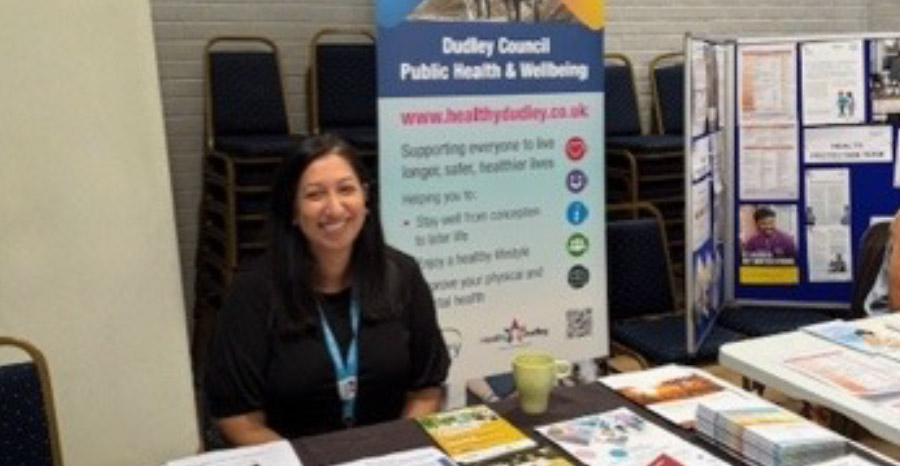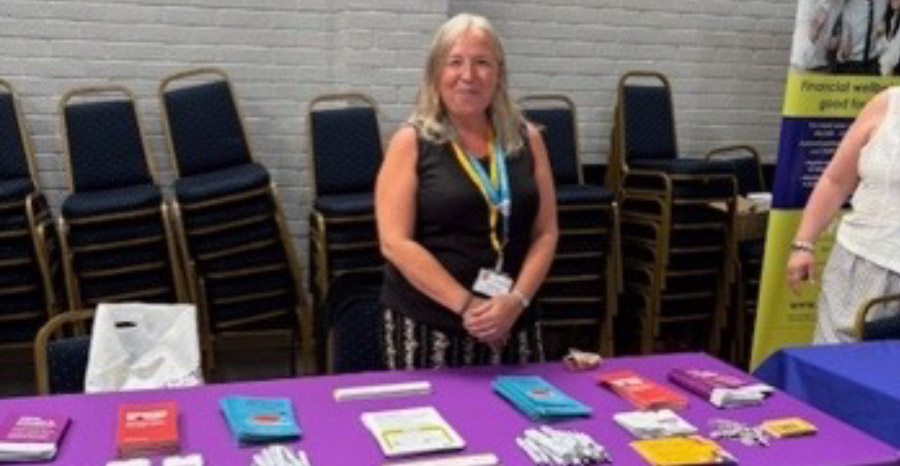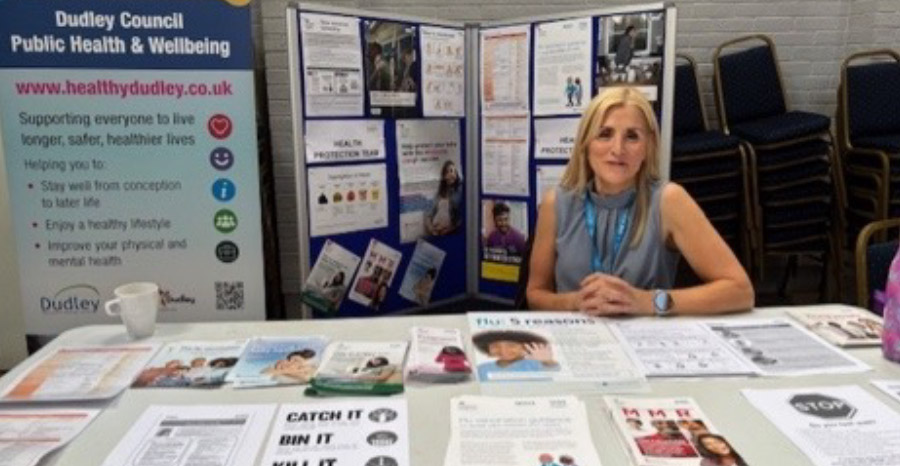Earlier this summer, Dudley Council held its first dedicated event for international care workers, offering a space for face-to-face conversations, peer connection, and direct support.
The event brought together around 25–30 attendees alongside local stakeholders, charities, and service providers. It highlighted both the challenges faced by international care workers and the importance of collaborative support in helping them settle into life and work in the UK.
The idea for the event was inspired by a similar session in Coventry. “We’d always had the intention of holding one ourselves but seeing Coventry’s event gave us that extra push – and it showed us which stakeholders we needed in the room to make it meaningful to our international care workers,” said Joanne Basterfield, International Recruitment Lead at Dudley Council.
The Importance of Being Heard
One of the strongest themes from Dudley’s event was the value of personal contact. While email updates and formal guidance remain important, they cannot replace genuine human connection.
“For some of these international recruits, their situations are really desperate,” said Joanne. “It’s one thing to get an email, but it’s another to sit down face to face with someone who is listening. One lady who attended just wouldn’t stop hugging me – she was so grateful. It just showed the importance of being present.”
Many attendees brought family members, underlining how international recruitment is not just about jobs or individuals but lives. Discussions ranged from childcare and housing to access to health services. For some, expectations of a “new life” in the UK had been met with unexpected challenges, including financial pressures, unstable employment, and limited local networks – often outside of their control.
Practical Support on the Day
The event gathered a wide range of local organisations to provide “whole package” support. The Refugee and Migrant Centre (RMC) offered immigration advice and practical orientation – from CV writing help to simply showing newcomers where the bus stops and shops were. Public Health teams were present to give information on vaccinations and entitlements, while Straight Talk provided employability support and even food vouchers. Maximus, a mental health service, highlighted resources for emotional wellbeing.
Job-matching support was also in high demand and Joanne highlighted the need to manage expectations. “As soon as you mention a job possibility, people cling to it, and we have to be very careful, because not everything will materialise. Managing that hope is really challenging but important. This is why the support is so important.”
Building Peer Networks
Beyond professional advice, the event created a vital space for international workers to meet each other, share experiences, and build informal networks. Tables were set up to encourage conversation, with the aim of reducing isolation and enabling peer-to-peer support. Joanne explained how difficult it is for anyone to fully understand what displaced international care workers are going through. But someone else in the same situation can – and that’s powerful.
Looking Ahead
Given the positive response, Dudley is already planning a second event later this year. Joanne said, “Even if we can’t always find someone a job straightaway, we want them to know they’re not forgotten.”
At the heart of these efforts are the voices of international care workers themselves. As one displaced care worker at the event shared: “Working in care is something I am truly passionate about. I love that every day is different – I get to meet new people and support adults and the elderly, treating them with the same care and respect I would give my own family. I find real fulfilment in making a positive difference in their lives.”
Her story, like many others, is a reminder of the positive impact international care workers are having in our communities. It also shows that international recruitment is not just a workforce issue – it is about people, families, and the shared humanity at the heart of care.



